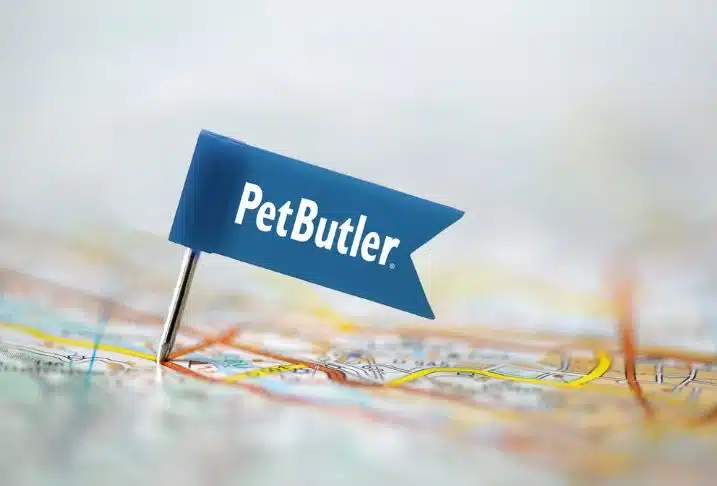For many of us, not only do we treat our pets LIKE family, they ARE family; I’ll admit, sometimes the dogs are my favorite family members. They don’t whine, kick the seats, fight with their siblings, or complain of boredom. Especially on road trips. My human children can’t possibly imagine how we survived long car rides without iPads, smart phones, and videos.
While dogs can be the ideal travel companion, there is the occasional pooch that suffers from travel anxiety or motion sickness. Is it possible to manage dog car sickness and nervousness so that you and your furry friend can best enjoy the open road? Yes!
Dog Car Sickness and Travel Anxiety
Dogs can become excitable or nervous when they are in unfamiliar situations or when they associate an activity with a negative outcome. Did your dog’s previous car ride end in a trip to the vet for vaccinations or surgery?
Was their last car ride three years ago and they are no longer accustomed to the sound of the engine, the roar of passing trucks, or the confinement that road travel brings? Are they secured in a crate or harness with a familiar toy or blanket or are they bounced around in a hot vehicle during stop and go traffic?
Take Shorter Trips
If possible, introduce a puppy or even adult dog to short, frequent road trips that end at a dog park or give them treats during and after the ride. When a car ride equates to a favorite activity or snack, dogs are eager to hop in a vehicle. Mix up the duration of car rides and give them a little fresh air. Stop sporadically to exercise your pet and provide stimulation, playtime, and a drink.
What if you knew that EVERY time you got into your car you were going to be trapped inside for 9 hours with few breaks to eliminate or eat? I’d start to think my vehicle might be more like a prison cell on wheels. Happy to buckle up? No thank you! I might drool and pace at the sound of car keys jangling or hit the brakes hard if someone tried to plop me in a car seat.
Calming Dog Medications and Supplements
In addition to desensitization, travel anxiety in dogs can be alleviated with over-the counter supplements and/or prescription medications from your veterinarian. It’s best to manage the situation before it gets out of hand; the more a behavior becomes practiced by an animal, the harder it is to unlearn. This is especially important with large dogs who can be more difficult to contain and restrain in a car.
As a housecall vet, we see many patients at home because they simply refuse to get in the car. Whether it was a prior negative experience or just lack of exposure to car rides, it can be impossible to convince a 150-pound Mastiff to buckle up. What would happen to your pet if you had to transport them in an emergency?
Products containing L-theanine, Chamomile, L-tryptophan, and Vitamin B1 such as Composure Pro by Vetriscience may be all that is needed to take the edge off an anxious dog. Combining the tasty treat with an Adaptil dog collar, which releases a natural dog calming pheromone imperceptible to humans, can work wonders.
Other dog owners have found success using a Bach flower drop called Rescue Remedy. Ask your veterinarian if you think your dog might be more comfortable using one of these supplements or if a prescription medication such as Trazodone or Alprazolam might be necessary to ensure a successful trip.
Benadryl (diphenhydramine) can be tried to help ease the tension of car travel, but I find while it may cause sleepiness, it doesn’t help truly anxious dogs. In some cases, when dogs lose their coordination and stumble about due to sedation, they become more anxious.
Motion Sickness
I always recommend trying the medication you are planning to use in advance. You don’t want to find out 2 hours into a 10-hour trip that your dog may have needed a higher dose and is panting, shaking, and crying or that they have an adverse reaction to a new product.
Some dogs become anxious in the car because they have previously experienced motion sickness. Motion sickness can be alleviated by avoiding a large meal before travel and making sure dogs are secure in a crate. Other pets fare better given a medication like Cerenia tablets or Meclizine a few hours before a trip. A safe alternative to prescription medications may be a sprinkle of ginger powder on a bit of wet food to manage nausea. As always, check with your veterinarian. Safe travels!

